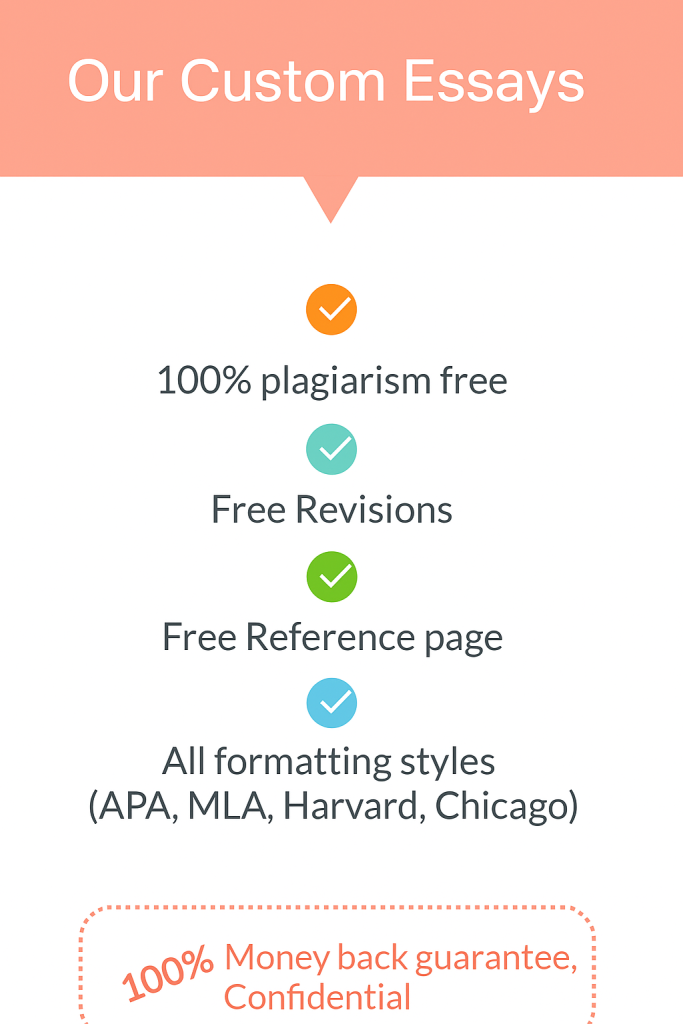A narrative essay is a literary task where the author narrates a story- typically about a self-experience or an occurrence that carries much influence. As opposed to other forms of essays, which center on facts, arguments or analysis of others, a narrative essay is based on the use of a story (Rabab’ah et al., 2022). However, it is not just retelling the story; it is also the process of creating a narrative and plot, investigating emotions and conveying a message or moral. This nature of an essay challenges the student to be a critical thinker and creative.

Elements of Narrative Essay
A narrative essay should possess such elements as follows:
- Introduction: The introduction creates the mood of the whole essay. It ought to seize the attention of the reader with a hook, a startling fact, a question or a vivid description. The introduction must also show a hint regarding the significance of the story and also a glimpse of what the reader is going to expect.
- Thesis Statement: Narrative essays may not always resemble sage old argumentative thesis; they must, nevertheless, have a theme or an idea around which they are Centred. The thesis of a narrative essay is rather a guide, a pondering, or the thing that was learned in the experience.
- Body Paragraphs: This is where the tale happens. A narrative essay outline is usually chronological and descends from one event to the other. One should concentrate each paragraph on a specific moment or feature of the story and describe it with bright details using the sense of vision, smell, and hearing and the speech of the people involved. Clear changeovers are also one of the important factors that make the story flow smoothly.
- Climax: All narratives culminate in a climax- the most congested, emotional, or vital point in the story. In the case of the student writer, it helps to realize this turning point in order to sustain the interest of the reader.
- Conclusion: The conclusion will refer to the narrative and its general sense. What had the author learnt? What influence did the experience have on them? It is time to sum up everything and give the reader the final idea or conclusion.
Important Factors to Write an Excellent Narrative Essay
The study by Rabab’ah et al. (2022) illustrates that some aspects should be taken into consideration by each student and any essay writer:
- Choose One Theme: A fine narrative essay is not a follow-up of all the events that transpired. Rather, it is a tight tale that narrates one incident or thought. Maintain a concise message as you go through the essay.
- Vivid Description: A good story-telling is done by using descriptions, not only words. The essay writer should make the reader engage with the help of the sensory details, which can include what you saw, heard, felt or smelled. This is what makes the audience imagine it and actually feel the experience like it was there.
- Emotional Appeal: Good narrative writings bring feelings to the readers. Be it happiness, sorrow, fear, or hope, using emotions will help make an impression that will last.
- Remember to maintain a Clear Structure: Although a narrative may be imaginative, it must have structure. Plan your essay by having a beginning, a middle and an end.
- Put Dialogue into Practice: Dialogue infuses life and voice into a narrative. Correctly, it can be used to help the character and the plot and give them more intimacy with the reader.
- Reflect and Analyze: The main part of the narrative essay is reflection. Reporting is not reporting what has happened; it is commenting on it. What have you learnt? In what way has it made you different?
The Wrap-Up
A narrative essay is not simply a personal story but an excellent way to express oneself and examine one’s identity. Whether students want to enhance their essay writing ability or writers want to reach out to the audiences at an emotional level, learning to perfect the art of writing a narrative essay would be worthwhile. In addition, the main secret of a fantastic narrative essay is authenticity, organization, and emotional highs and lows, no matter whether you are telling about a life-changing experience, a difficult undertaking, or the moment of victory (Rabab’ah et al., 2022). That is why it is slow and sincere, and above all, it tells a meaningful story not only to you but to your audience as well.

